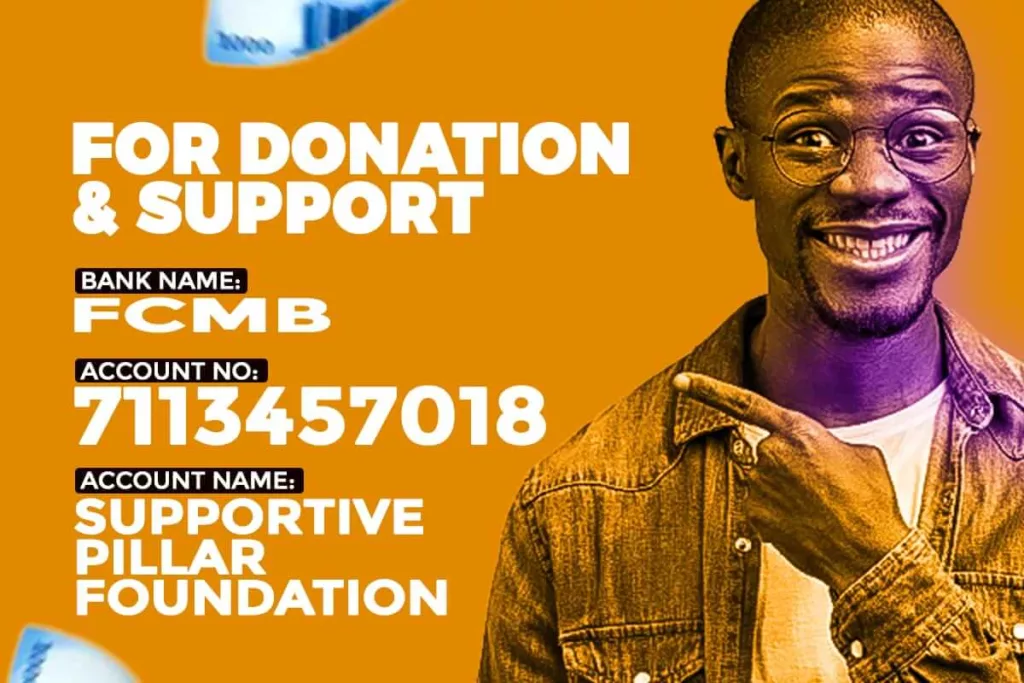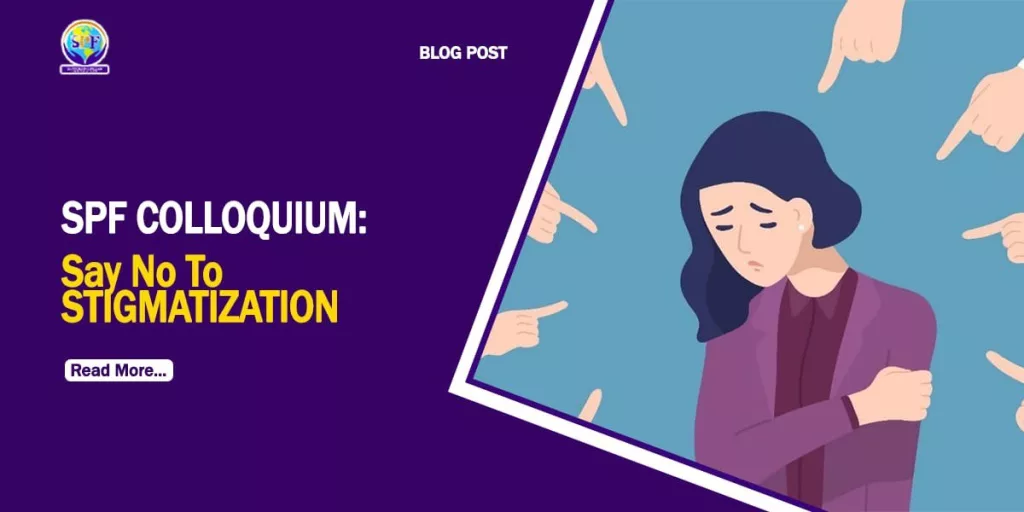Stigmatization of people with physical disabilities is quite rampant in our present world.
In Nigeria today, people with any form of disability are often treated with disparagement as they continue to face a host of barriers and mistreatment, including verbal abuse, employment discrimination and limited access to public spaces and public transportation.
What Then Is Stigmatization?
Stigmatization refers to the process by which a person or group is subjected to negative attitudes and beliefs, social exclusion, and discrimination based on a characteristic or behavior that is deemed socially undesirable or deviant.

This can include characteristics such as race, gender, sexual orientation, religion, or health status (such as mental illness or addiction).
Stigmatization can lead to a range of negative consequences, including reduced opportunities, social isolation, and mental health issues.
It can also contribute to a cycle of discrimination, in which individuals who are stigmatized may face further discrimination and marginalization.
The Dangers of Stigmatization
Stigmatization can have a number of negative effects, both on individuals and on society as a whole. Here are some of the dangers of stigmatization:
- Social exclusion: Stigmatization can lead to social exclusion, where individuals are marginalized and cut off from social networks and support systems. This can have negative impacts on mental health, well-being, and quality of life.
- Discrimination: Stigmatization can contribute to discrimination, where individuals are treated unfairly or unjustly because of their perceived deviance or undesirability. This can lead to reduced opportunities, economic hardship, and even violence.
- Self-stigma: Stigmatization can lead to self-stigma, where individuals internalize negative attitudes and beliefs about themselves, leading to reduced self-esteem and confidence.
- Barriers to treatment: Stigmatization can prevent individuals from seeking or receiving treatment for health conditions, particularly mental health issues, due to fear of judgment or discrimination.
- Undermining public health efforts: Stigmatization can undermine public health efforts, particularly during outbreaks or pandemics, by fueling fear, misinformation, and discrimination towards affected groups.
In summary, stigmatization can have serious consequences for individuals and society, including social exclusion, discrimination, self-stigma, barriers to treatment, and undermining public health efforts.
How To Curb Stigmatization
Stigmatization can be a challenging problem to tackle, but there are several ways to address it. Here are some suggestions:
- Education: One of the most effective ways to curb stigmatization is through education. People who are stigmatized often face negative stereotypes, misconceptions, and misinformation. Education can help to dispel these myths and promote understanding and empathy. This can be done through school programs, public campaigns, and community outreach efforts.
- Empathy: Another effective way to curb stigmatization is through empathy. People who are stigmatized often feel isolated and marginalized. By showing empathy, we can demonstrate that we care about them as individuals and that we recognize their struggles. This can be done by listening to their stories, offering financial support, and advocating for their rights.
- Language: Language is a powerful tool that can be used to either perpetuate or combat stigmatization. It is important to use language that is respectful, inclusive, and non-judgmental. Avoid using derogatory terms or labels, and instead focus on describing people in a way that emphasizes their humanity and individuality.
- Representation: People who are stigmatized often feel invisible and underrepresented in our society of today. By promoting diversity and inclusiveness in our media, entertainment, and other forms of representation, we can help to counteract this. This includes promoting positive depictions of marginalized groups and providing opportunities for them to have a voice and a platform.
- Policy changes: Finally, policy changes can also help to curb stigmatization. This includes laws and regulations that protect the rights of marginalized groups, as well as policies that promote inclusion and diversity. Examples include anti-discrimination laws, affirmative action programs, and initiatives to promote diversity in hiring and education.
Summary
There is a need for people with disabilities to be seen as what they are: people with the right and ability to exercise their human rights.
Parents, teachers and the general public need to be enlightened about disability and treat the disabled with dignity and respect without showing pity, especially when they didn’t canvass for it.
The disabled needs the privilege to work anywhere as long as they have the competence to do it.
Parents and teachers must educate their kids and students on how to see the disabled as humans and nothing more.
They shouldn’t be stared at, laughed at, or frowned at, they must be treated as humans at all times.
At SPF, we ensure zero-tolerance stigmatization by carrying everyone along irrespective of their ages, backgrounds, career, languages to mention but a few. You too can as well say no to stigmatization wherever you find yourself today and always.




Well acticulated,thank you sir more insight.God bless SPF in Jesus name amen.
No to stigmatisation.. thank you SPF for this amazing piece.